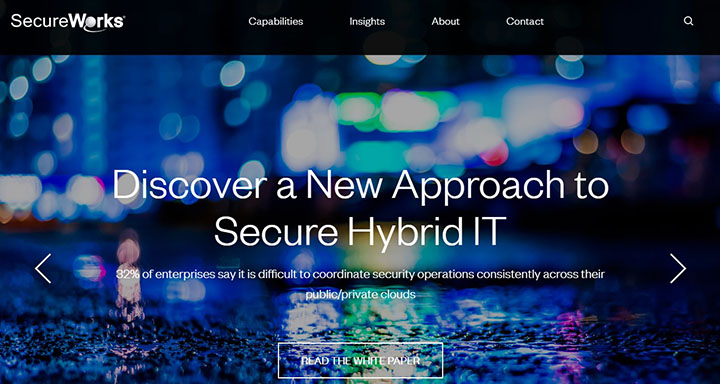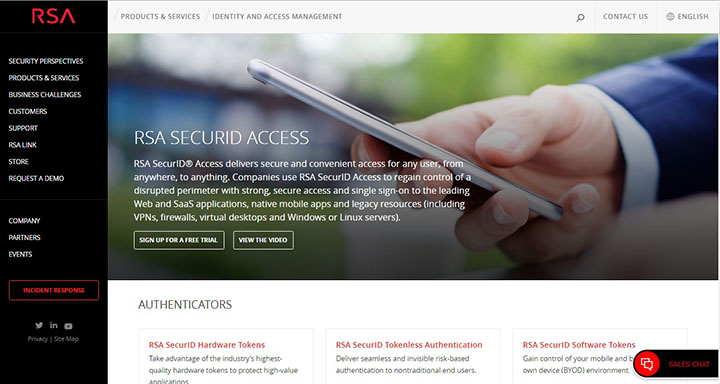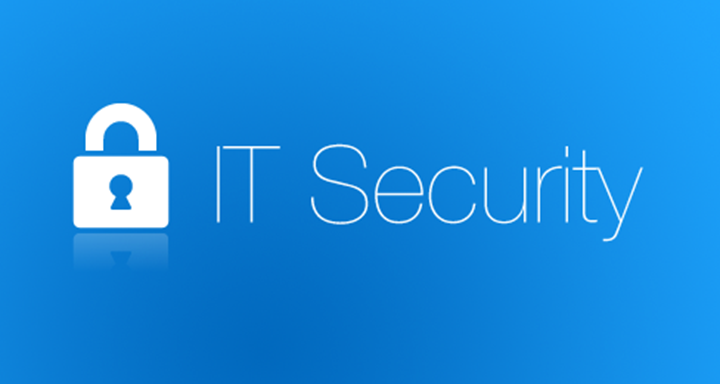Most network security breaches occur due to accidental employee mishaps. Mistakenly emailing confidential client information to the wrong person, or leaving a customer’s credit card information on a publically viewable computer. Important files may be lost due to an inadvertent tap on the delete button. Businesses need a cybersecurity strategy to protect themselves, their customers, and their data from cyber security threats.
Accidentally downloading malware, computer viruses, and Trojan horses can compromise an entire computer network. Many small businesses do not implement an IT security program until it is too late. The money isn’t invested in appropriate security programs. Actions are postponed until a computer crashes or date gets wiped out due to a malware attack. The following is a list of small business internet solutions to develop IT security to prevent these problems from occurring.
IT Security Policies and Procedures
One of the first solutions that can be implemented is to develop a cybersecurity policy and train employees in basic security principles such as developing a strong password, not sharing passwords and appropriate means of handling and protecting customer information and data. Make sure to reinforce that disciplinary action will be enforced if internet-use guidelines are violated.
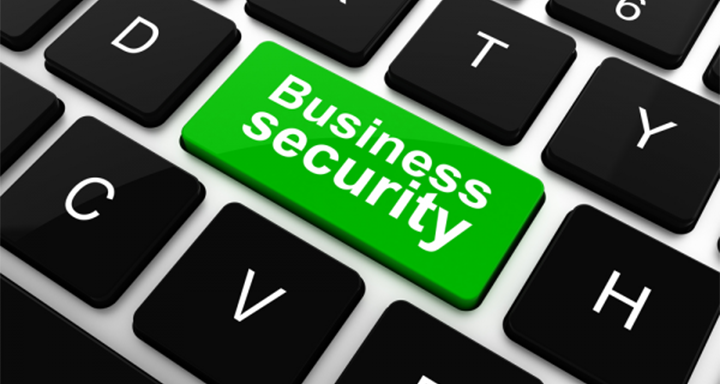
Passwords should be unique and changed at least every three months. There should also be a privacy policy including a confidentiality agreement should be given to vendors and contractors. Customer financial information should be encrypted and accessible only to personnel for whom it is necessary to their work. There should also be a security policy for downloading and installing software. Administrative privileges should only be given to trusted IT staff and key personnel.
Desktop Security
The best defense against viruses and malware is to keep security software, web browsers, and operating systems up to date. Ensure that all computers have working anti-virus software. System updates and security patches should be kept up to date. Set antivirus software to run at a regular interval and install software updates as soon as possible. It is also a good idea to have additional security agreements pursuant to banks or processors to prevent fraud. Isolating payment systems from less secured programs by not using the same computers to process payments and use the internet.
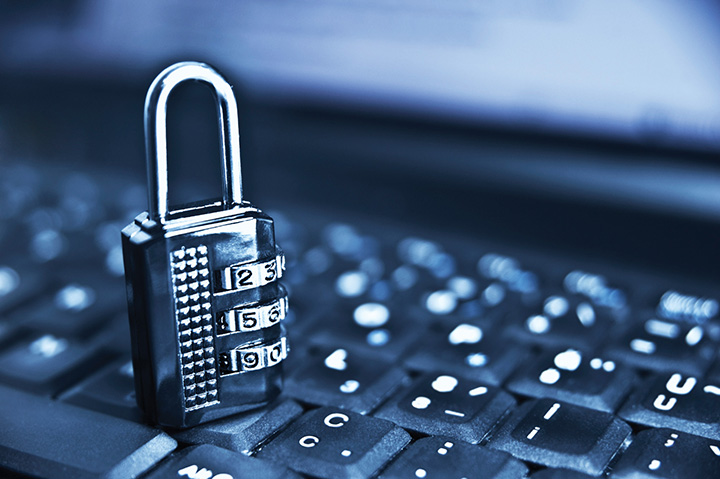
Back Up Data
Regularly back up the data on all computers. Any data that is needed for day to day operations, including customer information, needs to be backed up nightly to a remote location. Critical data word processing documents, spreadsheets, databases, financial records, employee files, and accounts receivable/payable files. Automatic back up is ideal or at least weekly and store the copies either offsite or use a cloud.
Internet and Network Security
A firewall is a set of related programs that prevent outsiders from accessing data on a private network. There should be a firewall and intrusion detection on all web connections. Be sure the operating system’s firewall is enabled. If necessary, free firewall software is available online. Ensure any work from home systems are protected by a firewall as well. There should be a virtual private network for remote access. If you have a Wi-Fi network for your workplace, make sure it is secure, encrypted, and hidden by not broadcasting the network name or Service Set Identifier (SSID). Protect access to the router by requiring a password to log on.
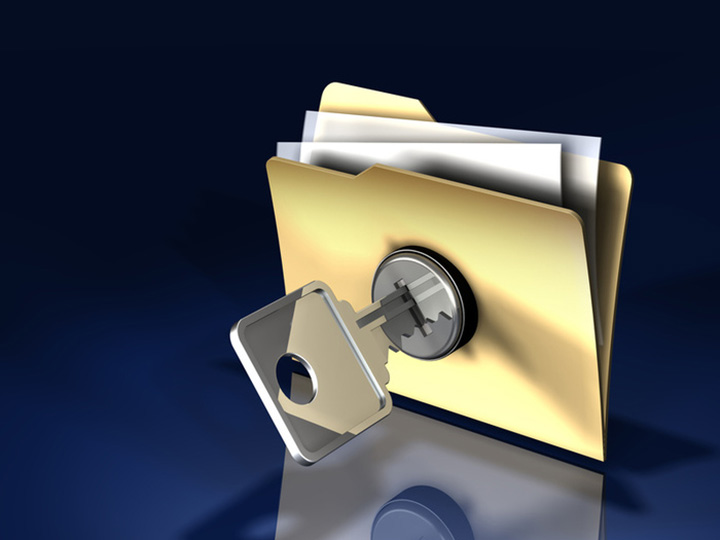
Sensitive information and Privacy
Mobile devices, wireless networking and remote workers compound the security challenge and make the problem more pronounced for entrepreneurs. In this instance, the first step is to prevent access or use of business computers by unauthorized individuals. Laptops are easy targets and can be lost; lock them up when unattended. All modern and wireless access connections should be secured. Mobile devices capable of accessing corporate network or have access to confidential information can create significant security and management challenges. Keep data encrypted and require users to protect their devices with a password, encrypt their data, and install security apps to prevent information being stolen while using public networks. Be sure to have a procedure to report lost or stolen equipment.
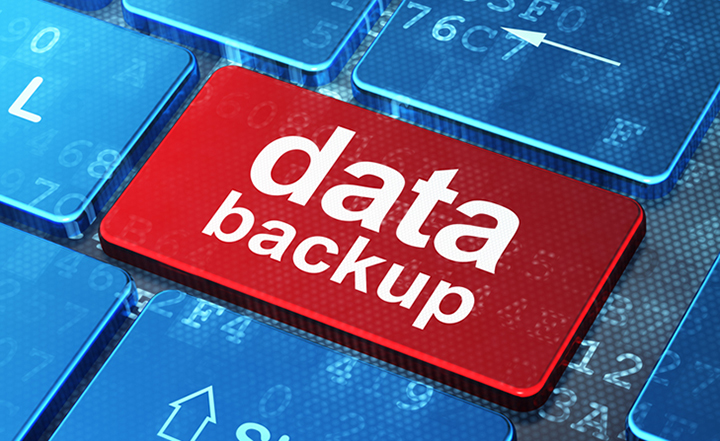
Evaluate IT Security
It is important to evaluate the level of IT security. It is a good idea to regularly evaluate security as part of a review of all of your company systems. Make sure tech gear and processes are in line with the business strategy. There should be a periodic audit at least every six months of the IT security program. By reviewing the internet security, ensuring policies and procedures are effective, and that software is up to date, small businesses can prevent potentially devastating mishaps from poorly developed internet security programs. Hopefully, these small business internet solutions can save you from a lot of trouble in the future!
Sourced for: bdc
Featured image: digitaltrends.com





